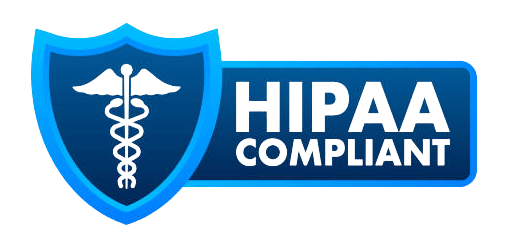SPECIALTIES
Anxiety in Adults
Anxiety is a common and often treatable mental health condition characterized by excessive worry and fear. While everyone experiences some anxiety from time to time, adult anxiety becomes a problem when it interferes significantly with your daily life.
Healthy Anxiety vs. Anxiety Disorder
There’s a difference between everyday anxieties and a full-blown anxiety disorder. Normal anxieties, such as feeling stressed about a work deadline or an important decision, can actually be helpful. This type of anxiety motivates us to take action and prepare for challenges. It also plays a role in our survival instinct, alerting us to potential dangers and triggering our “fight-or-flight” response.

Anxiety is a common and often treatable mental health condition characterized by excessive worry and fear. While everyone experiences some anxiety from time to time, adult anxiety becomes a problem when it interferes significantly with your daily life.
Healthy Anxiety vs. Anxiety Disorder
There’s a difference between everyday anxieties and a full-blown anxiety disorder. Normal anxieties, such as feeling stressed about a work deadline or an important decision, can actually be helpful. This type of anxiety motivates us to take action and prepare for challenges. It also plays a role in our survival instinct, alerting us to potential dangers and triggering our “fight-or-flight” response.
When Anxiety Becomes a Problem
However, anxiety becomes a disorder when it is:
- Excessive: The worry and fear are out of proportion to the situation.
- Persistent: The anxiety lasts for a long time (typically for 6 months or more) and interferes with your daily life.
- Difficult to control: You feel unable to stop the worry or fear, even though you know it’s irrational.
Signs and Symptoms of Adult Anxiety
Adult anxiety can manifest in both physical and psychological symptoms. Here are some common signs and symptoms:
- Physical symptoms: Dry mouth, rapid heart rate, rapid and shallow breathing, muscle tension, cold or sweaty hands.
- Psychological symptoms: Uncomfortable thoughts, obsessive thoughts, trouble sleeping, difficulty concentrating, irritability, fatigue, fear of losing control.
If you are experiencing these symptoms, it’s important to seek adult anxiety treatment from a therapist or counselor who specializes in treating anxiety disorders. For many, exploring young adult anxiety treatment options or addressing specific concerns like adult separation anxiety treatment can be particularly beneficial. Early adult anxiety treatment can help you develop healthy coping mechanisms and improve your overall well-being.
Treatment Options for Adult Anxiety:
Several accelerated resolution therapy for anxiety approaches can be effective for anxiety disorders, including:
- Therapy:
- Cognitive Behavioral Therapy (CBT): Helps identify and change negative thought patterns that contribute to anxiety.
- Accelerated Resolution Therapy for Anxiety (ART): Teaches you to replace negative memories with positive ones for faster emotional healing.
- Therapy for Social Anxiety: Specifically addresses social anxiety symptoms and helps develop social skills and coping mechanisms for social situations.
- Medication: In some cases, medication may help manage anxiety symptoms. A doctor or psychiatrist can determine if medication is right for you.
Additional Considerations:
- Natural Remedies for Anxiety and Depression: While there is no single “cure” for anxiety, healthy lifestyle changes can help manage symptoms. This may include regular exercise, getting enough sleep, practicing relaxation techniques like deep breathing or meditation, and eating a balanced diet.
- Help with Depression and Anxiety: Sometimes, anxiety can co-occur with depression. A therapist can address both conditions to improve your overall well-being.
- Treatment for Depression and Anxiety: This may involve a combination of therapy and medication, depending on the severity of your symptoms.
- Tapping for Anxiety: Some people find relief through Emotional Freedom Techniques (EFT), also known as Tapping Techniques for Anxiety. EFT involves tapping on specific meridian points while focusing on anxiety-provoking thoughts or feelings. My expertise covers treating PTSD (Post Traumatic Stress Disorder) and CPTSD (Complex Traumatic Stress Disorder) in both children and adults.



